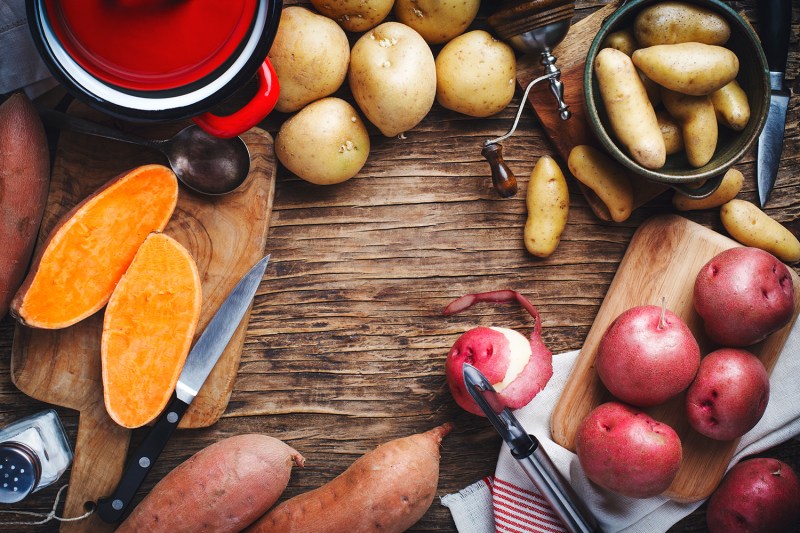In what can only be described as overdue, the rules for organic food labels are changing. It’s a refreshing move that will give consumers more info and allow us to avoid imposter foods trying to play the organic card. It’s also one of the biggest moves the USDA has made in recent history.
For years, the rules have been a bit fuzzy, meaning that producers have been able to slap the “organic” label on products that may not technically be so. Like sustainability, organic has become a term with as much (or more) marketing cache thanks to its environmental and health benefits. And with loose regulation comes an opportunity for some producers to enter the fray with products that may not meet the standards others are shooting for.

There’s a long history of labeling legislation in the food world, especially in drinks culture. You can’t just call any sparkling wine a Champagne, or any whisky a single malt, for example. These rules come into play to protect both producers and consumers, ensuring that you’re chowing down or sipping on what’s actually advertised.
Here’s the latest news on the organic food labeling front.
The new rules for organic food labels
People have been talking about a change for years. Organic foods are very profitable, after all, and it’s been reported that their sales have doubled over the last decade. It makes sense that producers would want in on the movement, especially if restrictions are lax and labeling is generally confusing.
Organic producers can charge more for their products, which in theory makes sense as in order to be officially certified by the USDA, they have to jump through more hoops. Farming has to be free of chemicals, and there are many inspections along the way. But it turns out enough growers were finding clever ways around the rules that something had to be done.
The main takeaway from the new legislation is that it tightens up the existing rules. To be certified, organic products now need an import certificate from the USDA and its National Organic Program. This is to rid the supply chain of any fraudulent organic goods entering the market. The vessels that house these goods are now required to be labeled as such (duh, right?) to prevent any mixups along the way. There are some other details, too, like standardizing the demands for businesses in the organic realm.
The move, which officially becomes law March 20th, is the first law-tightening maneuver by the USDA since 1990.
How to shop for organic food

You can shop the same, but with a little more peace of mind knowing that the USDA-certified organic label is sticking to its word a bit more now. Obviously, be wary of things labeled organic without the official sticker, or issued some other misnomer (naturally raised, etc.) without any kind of official documentation.
Know, however, that getting the official USDA organic label doesn’t make sense for all producers as it can be expensive and time-consuming. Chances are good that your local small-scale farmer is doing everything the USDA requires and more, so support your local growers, whether directly or at the local farmers’ market. And shoot, grow your own produce, while you’re at it.
It’s good news, especially given an economy that’s made staple foods quite expensive. If we’re going to shell out for groceries, we should know exactly what we’re getting (in fact, here are some tips on keeping your grocery bill in check).


